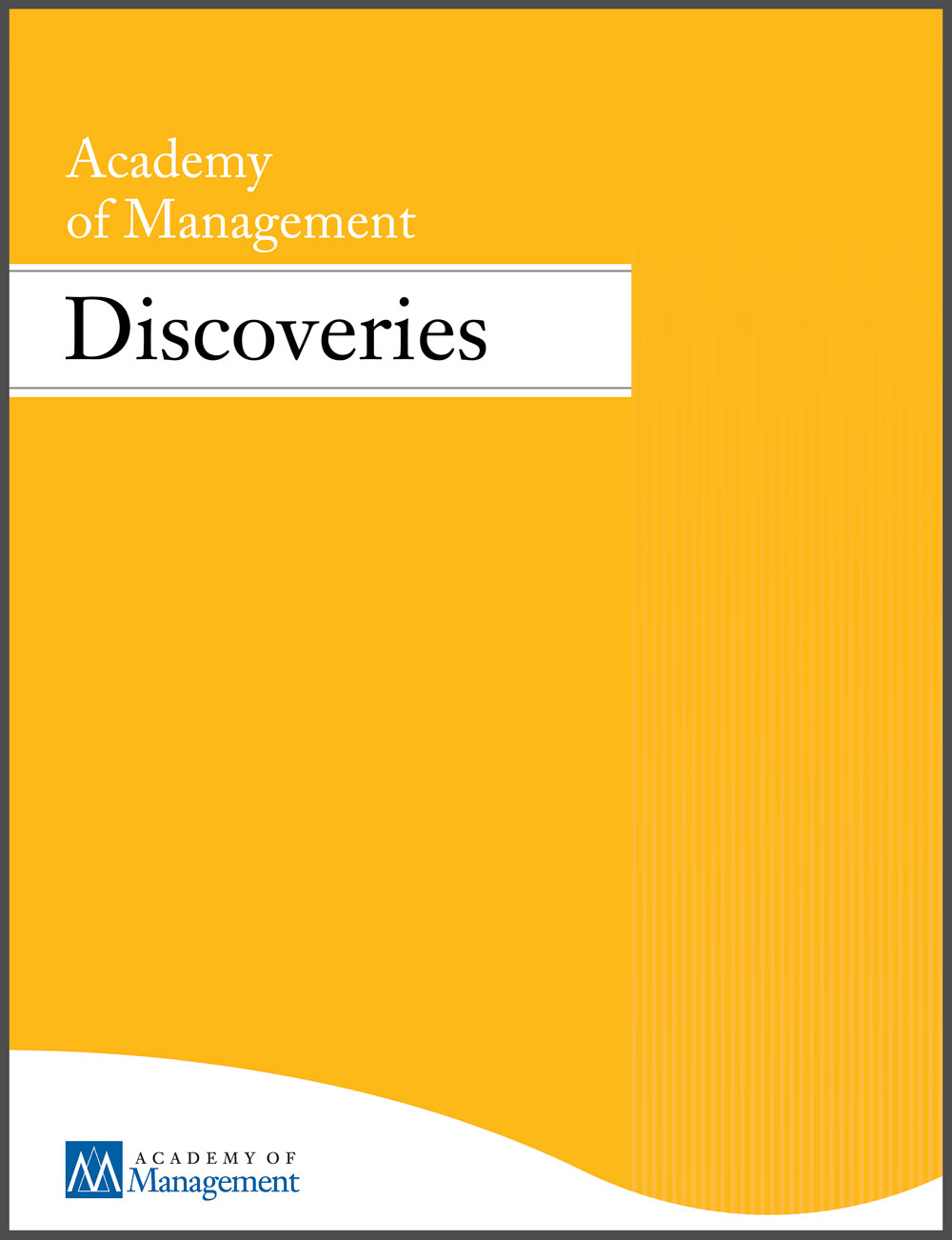Sustainable Development for a Better World: Contributions of Leadership, Management, and Organizations
IF 4.8
2区 管理学
Q2 MANAGEMENT
引用次数: 75
Abstract
On September 25, 2015, all 193 member countries of the United Nations (UN) adopted a set of 17 Sustainable Development Goals (SDGs) designed to end poverty, protect the planet, and ensure prosperity for all as part of a new global “Agenda 2030” (United Nations, 2015). Building on the earlier UN Millennium Development Goals and seeking to completewhat had been left undone, this newagenda for sustainable development laid out a bold ambition:可持续发展建设更美好的世界:领导、管理和组织的贡献
2015年9月25日,联合国193个成员国通过了一套17项可持续发展目标,旨在消除贫困,保护地球,确保所有人的繁荣,作为新的全球“2030年议程”的一部分(联合国,2015年)。在早期联合国千年发展目标的基础上,并寻求完成尚未完成的目标,这一可持续发展的新议程提出了一个大胆的雄心:
本文章由计算机程序翻译,如有差异,请以英文原文为准。
求助全文
约1分钟内获得全文
求助全文
来源期刊

Academy of Management Discoveries
MANAGEMENT-
CiteScore
10.00
自引率
3.20%
发文量
40
期刊介绍:
The mission of AMD is to publish phenomenon-driven empirical research that theories of management and organizations neither adequately predict nor explain. Data on these poorly-understood phenomena can come from any source, including ethnographic observations, lab and field experiments, field surveys, meta-analyses, construct validation research, and replication studies. AMD welcomes exploratory research at the pre-theory stage of knowledge development, where it is premature to specify hypotheses, and which generates surprising findings likely to stimulate and guide further exploration and analysis. This research must be grounded in rigorous state-of-the-art methods, present strong and persuasive evidence, and offer interesting and important implications for management theory and practice. Read the Discoveries FAQs.
 求助内容:
求助内容: 应助结果提醒方式:
应助结果提醒方式:


